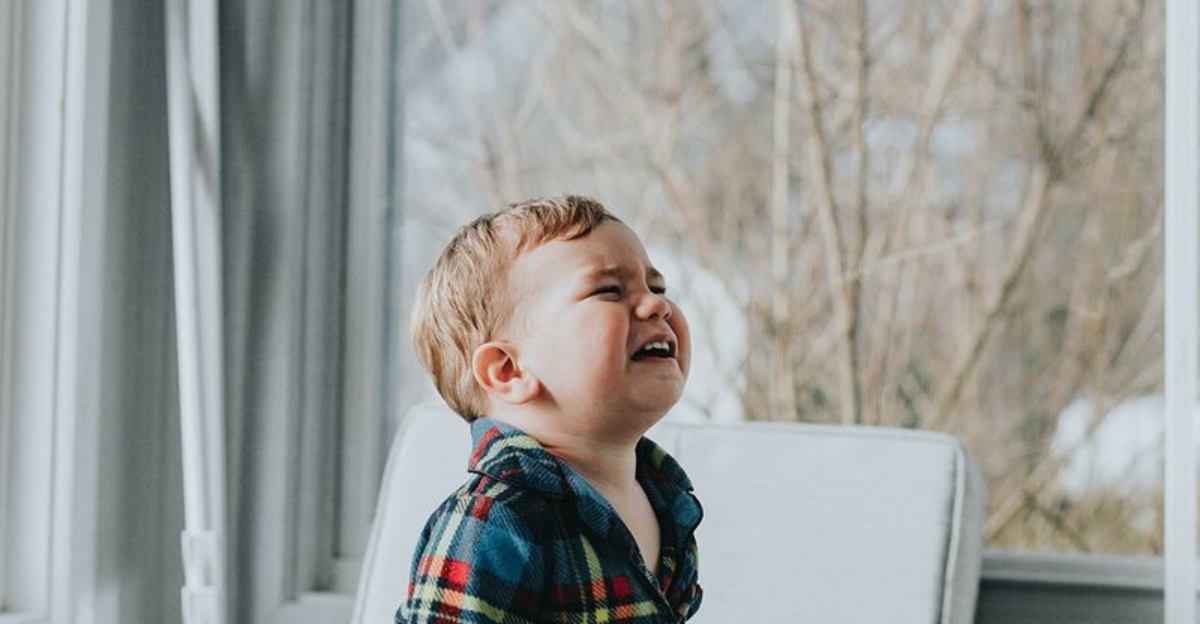17 Ways Child-Focused Parenting Can Do More Harm Than Good
We get it: your kids are your world. You’d move mountains for them, stay up all night baking cupcakes for the school fair, and happily watch “Frozen” for the 47th time if it makes them smile.
But here’s the uncomfortable truth no one wants to say out loud: when parenting revolves entirely around your child, it can backfire—hard. Child-focused parenting often comes from love… but if you’re not careful, it can lead to burnout for you and entitlement for them.
Over-giving feels sweet in the moment, but the side effects sneak up fast, turning your happy home upside down. If you’ve ever wondered why you’re exhausted and your little one expects the moon, you’re not alone.
Here are 17 ways putting kids at the center of the universe might be doing more harm than good—so let’s keep it real, and maybe even laugh a little at the chaos together.
1. Kids Grow Up Expecting to Be the Center of Attention
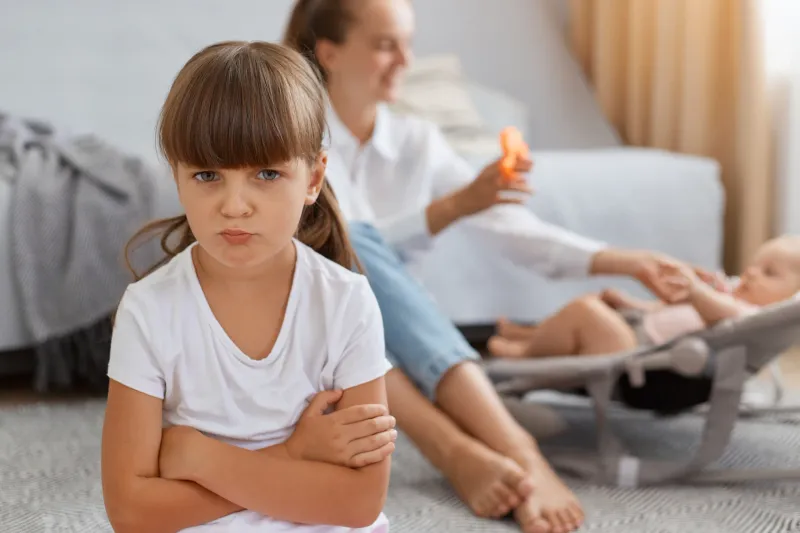
Have you ever seen that look of pure outrage on a kid’s face when someone else gets a turn first? That’s what happens when they’re used to ruling the roost. At home, you might rearrange the world to keep them happy, but out in real life, nobody else is playing by those rules.
Sooner or later, school, friends, or even a cranky aunt won’t cater to their every whim. That crash is rough. They feel blindsided because the comfort zone at home set them up for a rude awakening.
I once watched my nephew melt down at a birthday party because he wasn’t first in line for cake. Who knew cake could cause such drama? It was a wake-up call for his parents, and a little reminder for all of us: the world isn’t always about us.
2. Parents Forget Who They Are Outside of Parenting
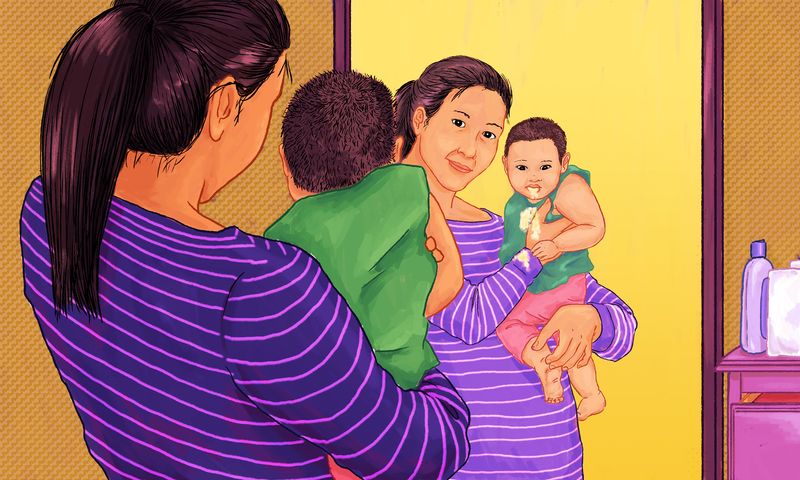
You know that moment when you find an old college photo and barely recognize yourself? It’s easy to lose sight of your own dreams and interests when every day revolves around a little person’s schedule. Suddenly, your hobbies are history and your social life consists of playground small talk.
It’s not that you don’t love your kids—you do, fiercely. But somewhere along the way, you set your own story aside. You’re more than Mom, but that’s hard to remember when you’re running on goldfish crackers and coffee.
A friend told me she didn’t even know what music she liked anymore. Everything was Disney soundtracks and sing-alongs. Reclaiming even a sliver of your old self matters more than you think.
3. Marriage Gets Lost in the Shuffle
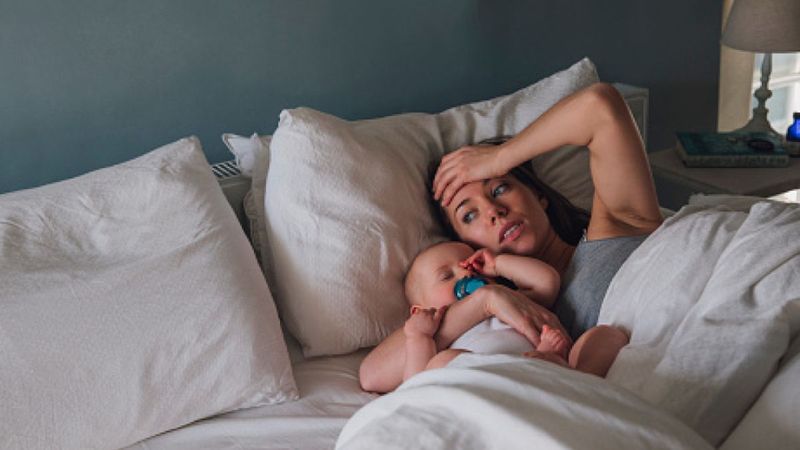
Once upon a time, you and your partner actually talked about things other than snacks and screen time. Remember that? Child-focused parenting steals all the attention, leaving marriages running on fumes. It happens quietly—one day you wake up, and the spark is a distant memory.
Date nights become a fantasy, and even short conversations are interrupted by little voices. Resentment builds while connection slips further away. It’s lonely, even when you’re together.
A neighbor told me it felt like her husband became a roommate. The fix isn’t fancy vacations; it’s about carving out small, regular moments for just the two of you. The kids will survive, and honestly, so will you.
4. Kids Don’t Learn That Boundaries Exist
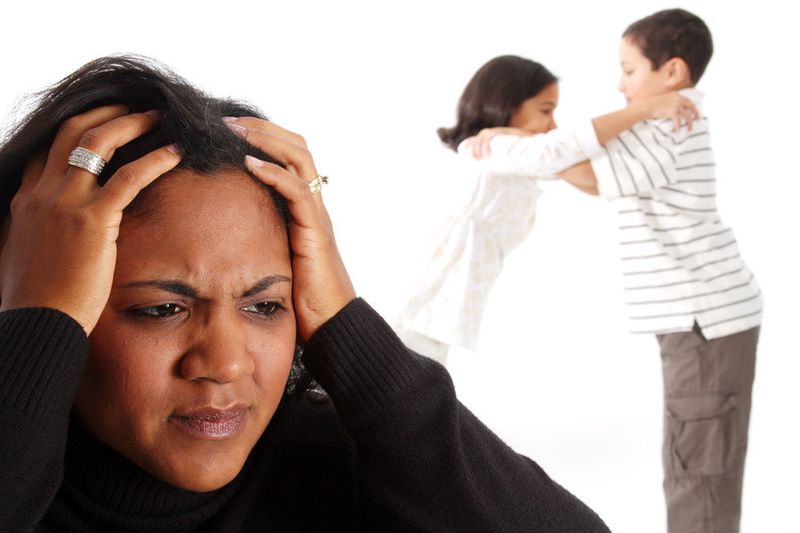
Nobody likes to be the bad guy, but boundaries are life’s way of teaching respect. When kids always get what they want, they miss the memo that other people have needs too. ‘No’ becomes a foreign language, sparking confusion and drama when it finally happens.
I’ve seen a toddler act genuinely shocked that grandma wouldn’t share her phone. It’s cute… for about two seconds. Later on, that lack of boundaries makes friendships, teamwork, and even basic manners a huge struggle.
Setting limits feels awkward, but it’s a love language all its own. Boundaries aren’t mean—they’re a kindness that last long after childhood.
5. Overdependence Sneaks In
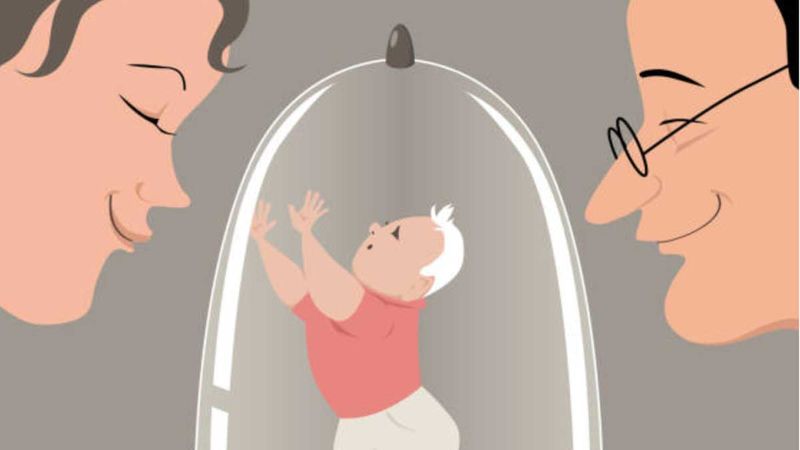
Some kids are glued to their parents like Velcro—adorable at first, but tricky when it’s time to do things solo. If you’re always swooping in to fix, soothe, or shield, your child never gets the chance to flex their own coping muscles.
I watched a friend’s daughter panic over a missing pencil, waiting for her mom to rescue her. Meanwhile, the other kids just shrugged and borrowed one. It’s those tiny moments that build confidence and problem-solving.
Letting them struggle a little, even when it tugs at your heart, helps them learn grit. Trust me, you want a kid who can handle a lost pencil—and bigger challenges later.
6. Entitlement Becomes the Family Mascot
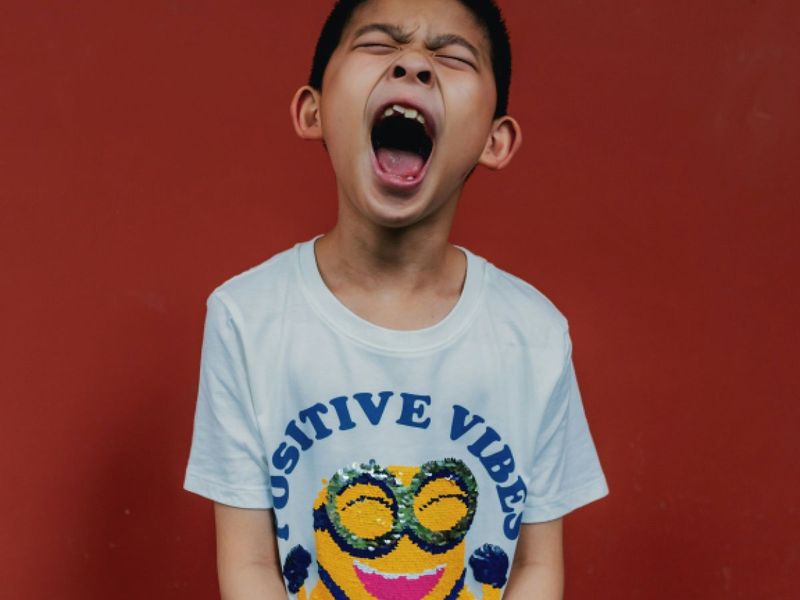
Spoiler alert: constantly giving in doesn’t make kids grateful, it makes them expect more. When their every wish is granted, compromise feels like a punishment instead of a normal part of life. Suddenly, sharing or taking turns sparks outrage and negotiations worthy of a hostage situation.
My cousin’s son once declared, “I deserve it!” about the last cookie. No shame, just pure expectation. Those habits stick, and by the time they’re teens, reminders about gratitude go in one ear and out the other.
Saying “no” isn’t about being the fun police—it’s about raising humans who can handle disappointment without a meltdown.
7. Burnout—It’s Not Just for Workaholics
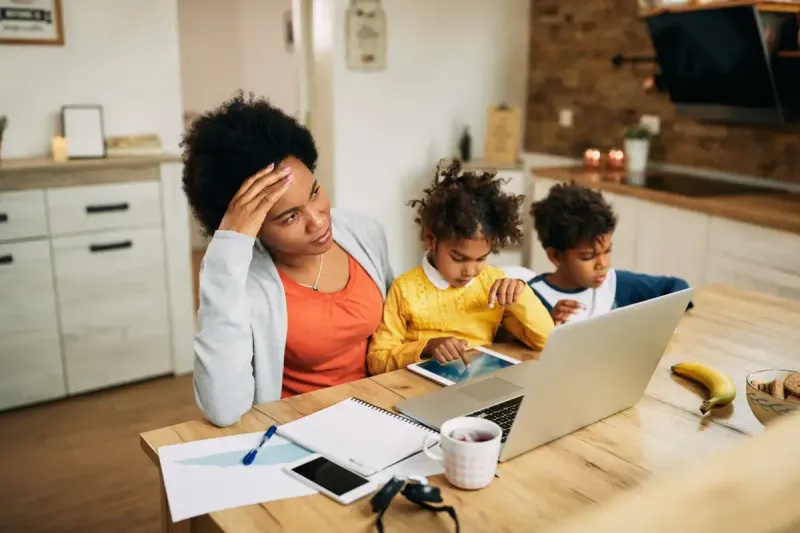
There’s tired, and then there’s “I haven’t had a hot coffee in three years” tired. Child-focused parenting runs you ragged, leaving you running on fumes. The exhaustion isn’t just physical—it sinks into your bones and makes even simple tasks feel impossible.
One friend confessed she daydreams about grocery shopping alone. That’s when you know you’re deep in the burnout zone. Nobody hands out medals for martyrdom, but we act like burnout is a badge of honor.
Honestly? Nobody wins when you’re that drained—not you, not the kids. It’s okay to take a break without feeling guilty.
8. Friendships Get Put on Pause—Sometimes Forever
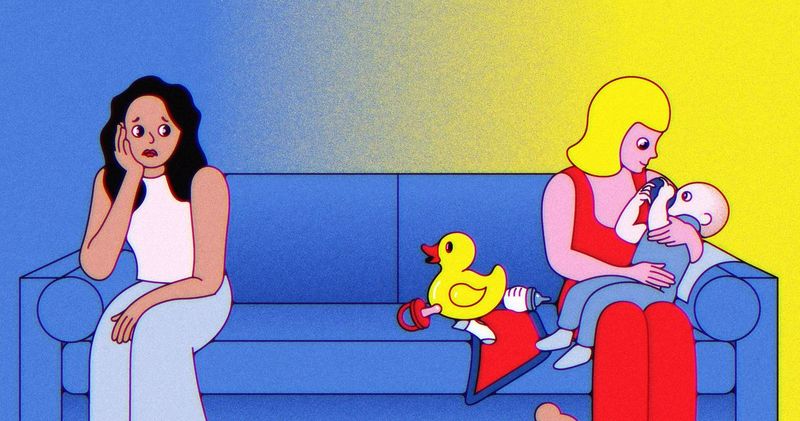
Remember brunch dates, long phone calls, or just laughing over coffee with a friend? Child-focused parenting squeezes all the air out of your social calendar, leaving friendships gasping for breath. The “no time” excuse feels true, but the loss sneaks up slowly.
One day, you realize you don’t even know what’s going on in your best friend’s life. Kids eventually grow up and move out, but friends are the ones who stick around—if you let those connections survive.
Don’t let every conversation revolve around carpool and chores. Friendship takes effort; so does parenthood. You need both to feel whole.
9. Empathy Doesn’t Come Naturally Anymore
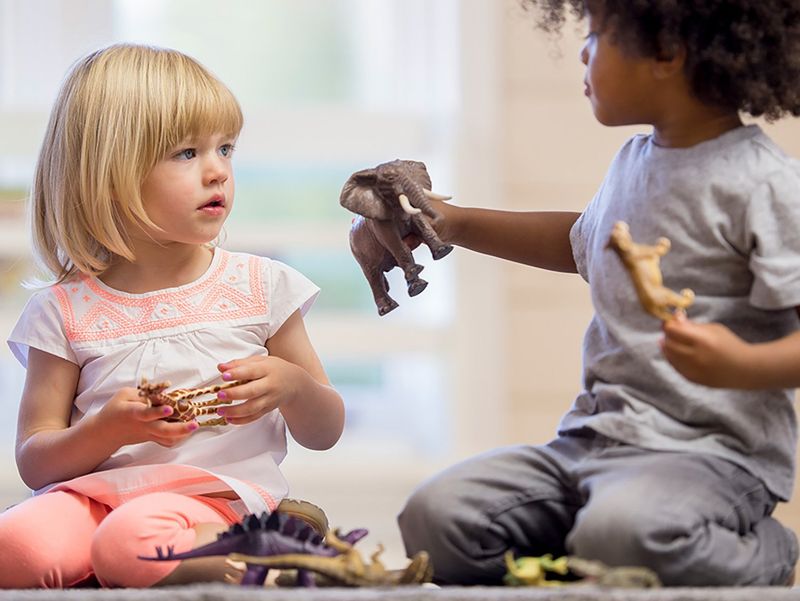
Empathy is caught, not taught. When kids are always front and center, they miss all the chances to tune into what others feel. The world starts to look like a one-person show, and everyone else fades into the background.
At a playground, I saw a little girl oblivious to her friend’s tears over a scraped knee—she was too busy making sure she got the next turn on the slide. That’s not how real life works, and it’s a lesson best learned early.
Teaching kids to notice other people’s feelings starts at home. It’s the difference between raising a kind adult and raising a solo act.
10. Disappointment Feels Like the End of the World
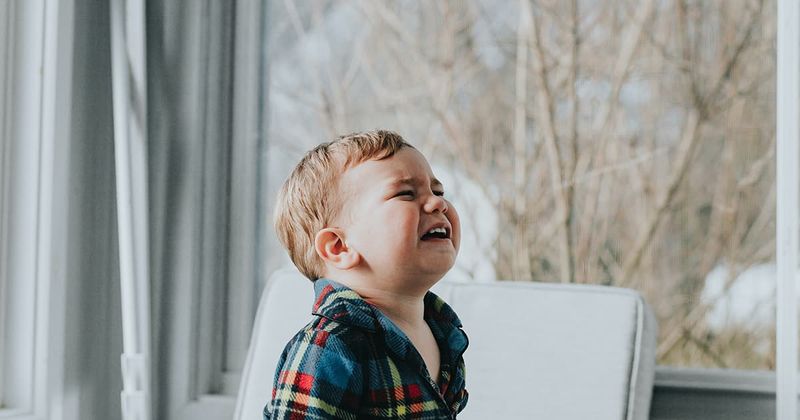
Tantrums over small setbacks aren’t just about being dramatic—they’re often the result of never having to face disappointment before. Shielding kids from every bump in the road leaves them unprepared for the real world’s rough patches.
I’ve watched kids fold like a house of cards after losing a simple board game. Meanwhile, their parents scramble to fix the mood, instead of letting them feel the sting. Resilience grows in those uncomfortable moments, not in the shelter of constant comfort.
Letting kids lose, fail, or mess up (without rescuing them) teaches them they can survive a little heartbreak. Spoiler: they can.
11. Resentment Creeps in for Parents
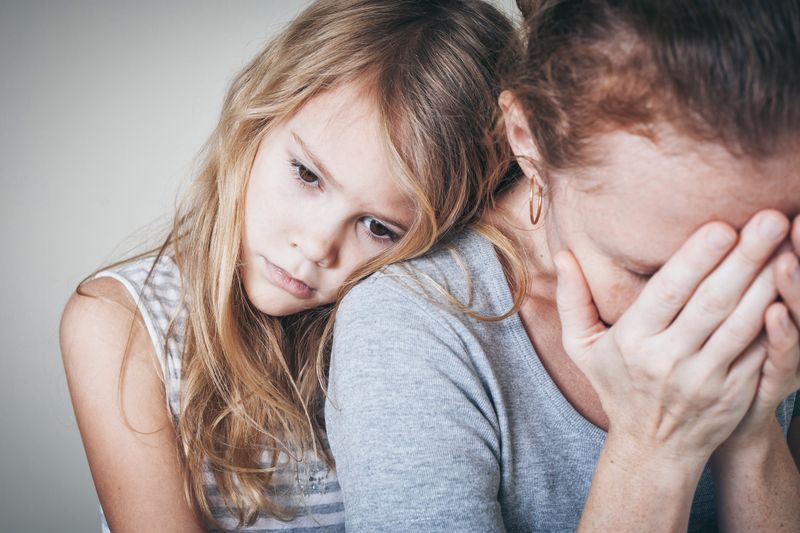
Here’s the ugly truth: giving everything to your kids sometimes leaves you feeling empty—or worse, resentful. You adore them, but sacrificing your needs daily grows heavy over time. Guilt then piles on top, leaving you caught in a messy emotional loop.
A mom at soccer practice once whispered she missed her old life. She felt terrible even saying it out loud, but everyone nodded in agreement. It’s normal to crave space for yourself, and it doesn’t make you a bad parent.
The more you ignore your needs, the harder it gets to hide those feelings. Guilt isn’t the solution—balance is.
12. Kids Think Entertainment is a Grown-Up’s Job
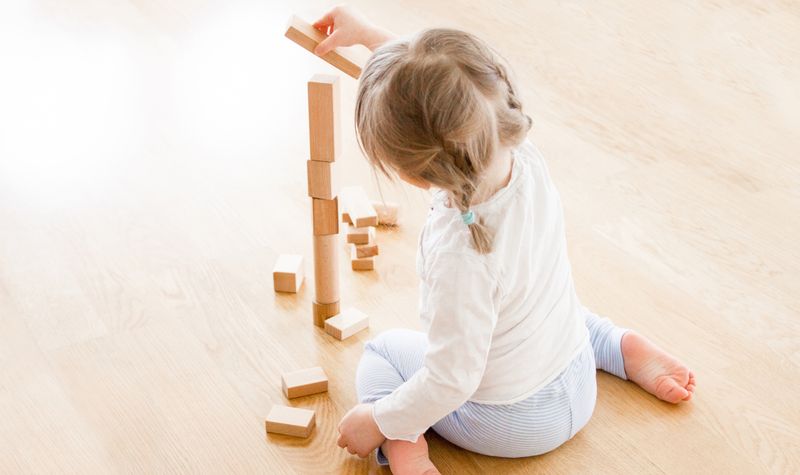
Somewhere along the line, “I’m bored” became a parent’s problem to solve. Kids start expecting you to fill every minute with activities, crafts, or screen time. Self-directed play fades, and the ability to find fun in boredom disappears.
I once tried to read a book, only to be interrupted every five minutes for ideas or entertainment. Solving boredom used to be a childhood rite of passage. Now it’s a crisis worthy of a group chat.
Teaching kids to manage their own downtime is a gift. Your job isn’t cruise director—it’s letting them figure out what lights them up.
13. Sibling Rivalry Gets Turbocharged
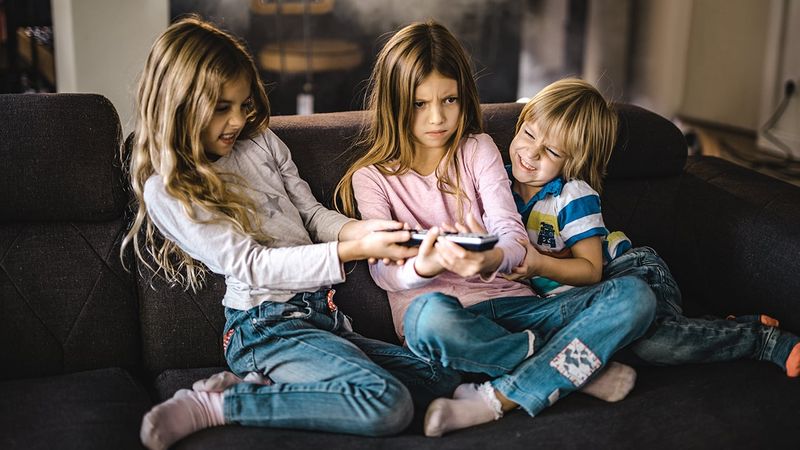
When one child’s needs take priority, others notice—and not in a good way. Sibling rivalry gets amped up, and love turns to competition. Suddenly, everyone’s vying for the spotlight, and peace is a distant memory.
I watched twins keep score over who got more hugs at bedtime. It sounds silly, but it added up to real hurt feelings and resentment. Kids learn to compete, not connect, when attention feels like a rare commodity.
Balancing attention isn’t about treating everyone the same; it’s about making sure no one feels invisible. Sibling bonds last longer than childhood drama—if you nurture them.
14. Pressure to Be Perfect Becomes Crippling

Kids are smart—they pick up on your energy, especially when everything revolves around their performance. The message is loud and clear: don’t mess up, because your happiness depends on them getting it right. That pressure is exhausting for everyone.
One girl I know quit soccer because she felt like every missed goal let her parents down. She wasn’t just playing for herself anymore—she was carrying the weight of someone else’s dreams.
It’s okay to celebrate effort, not just results. Kids need to know they’re loved for who they are, not for how perfectly they perform onstage, field, or classroom.
15. No Role Model for Self-Care or Balance
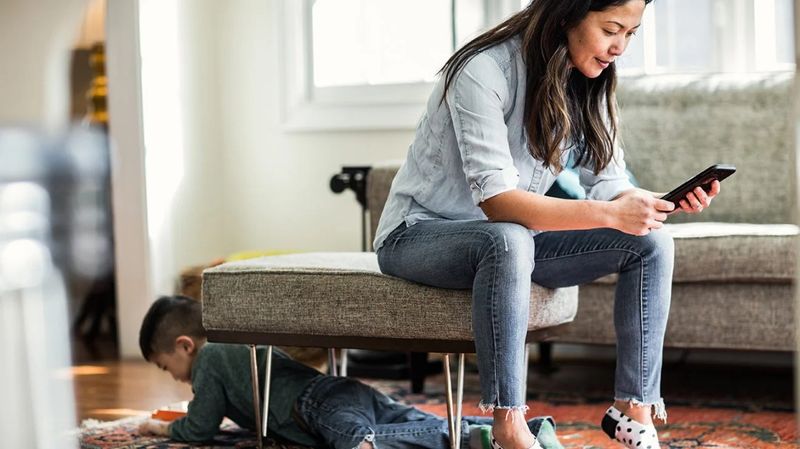
Kids notice everything—even the stuff you wish they’d ignore. If you never put yourself first, they learn that self-neglect is normal. That’s not the kind of adult you want them to become.
A friend’s daughter once asked, “Why don’t you ever relax?” It stung, but it was true. When you’re always last on your list, your kids get a front-row seat to burnout and self-sacrifice.
Prioritizing your own health isn’t selfish—it’s the example your kids will follow. Show them what real balance looks like, and they’ll carry it into adulthood.
16. Over-Involvement Breeds Pushback Later
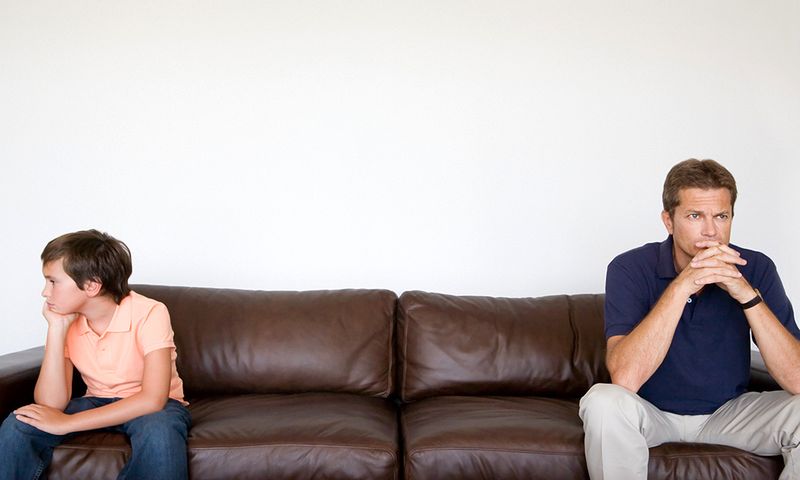
Ironically, the very kids you center your life around often end up feeling smothered. Over-involvement breeds rebellion down the line. They crave independence and start pushing you away, desperately searching for breathing room.
A friend’s son started hiding in his room just to get privacy. What started as closeness became a source of suffocation. The more you hover, the harder they push back.
Letting go, even a little, shows trust. It opens the door for real connection, not just constant supervision. Give them space, and they might actually want to come back.
17. Empty Nest Feels Like an Identity Crisis

You pour everything into raising your kids, and then—poof—they move out. Suddenly, the house is quiet, and you’re left wondering what to do with yourself. The transition is jarring when your entire purpose revolved around your children.
A neighbor confided she felt invisible when her daughter left for college. She had no hobbies, no friends, and no roadmap for this new chapter. It’s a lonely place to land.
Building a life outside of motherhood isn’t just good for you—it’s good for your kids, too. They need to see that change can be exciting, not just scary.

